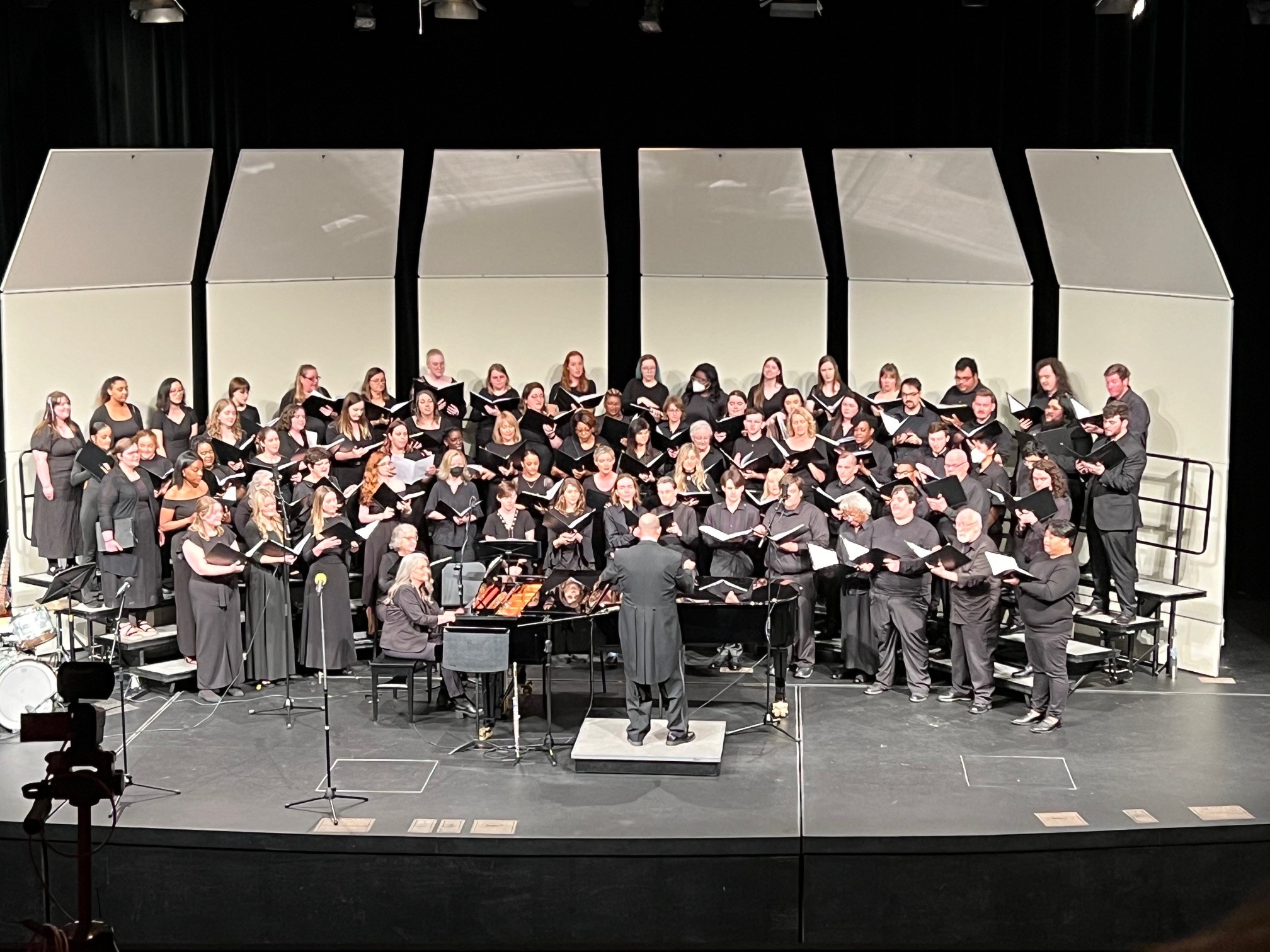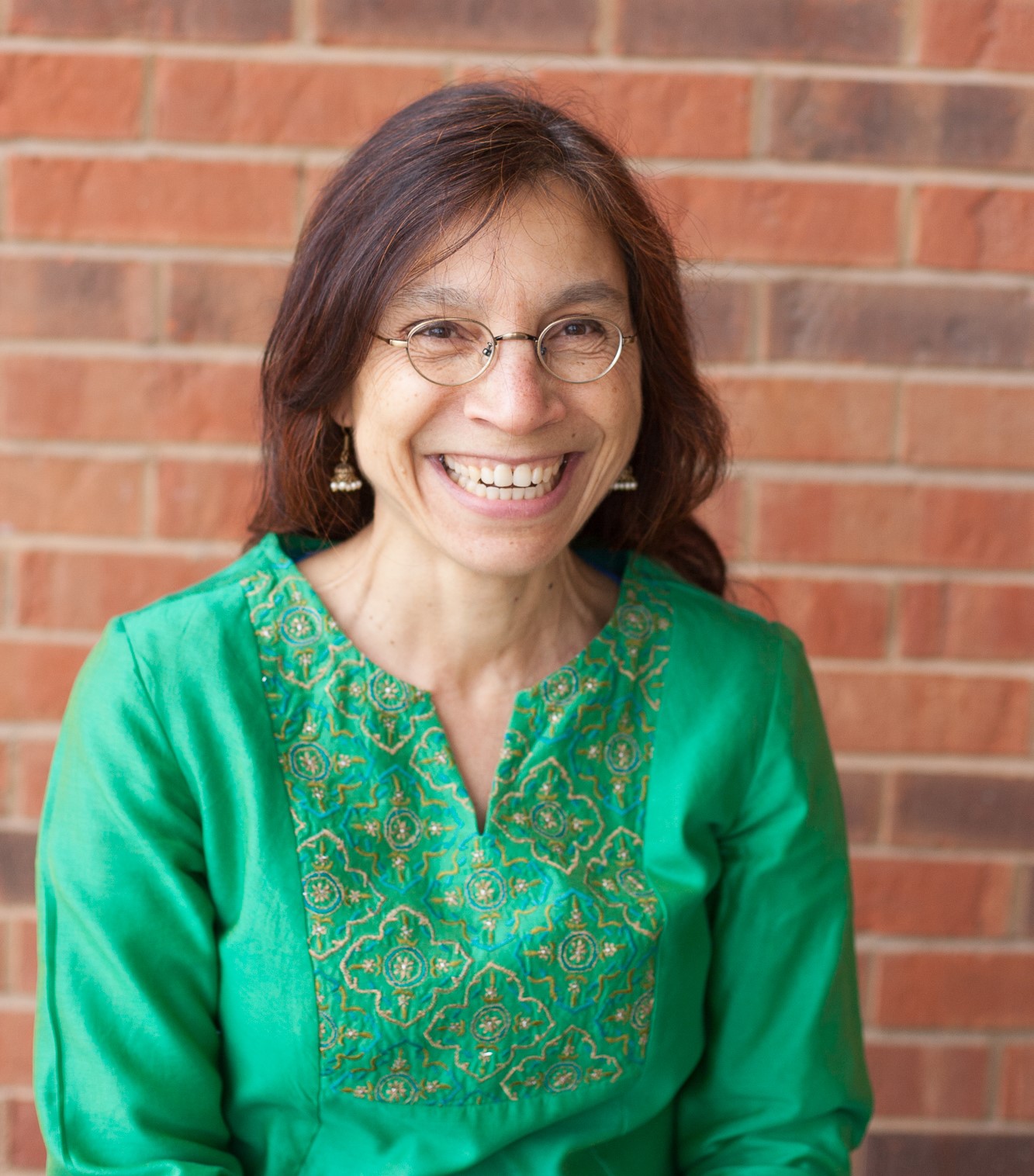Commenting on this year’s nearly 340 films, consisting of 200 shorts, 90 features and 48 documentaries, Carson, also a film critic for SLIFF sponsor KDHX-FM, explained that the film festival offers something for people of all kinds.

Kelly Glueck
– Staff Writer –
Starting last week, a short list of celebrities has been gracing the St. Louis area for the 19th Annual St. Louis International Film Festival (SLIFF). Actors Kevin Spacey (“American Beauty” and festival film “Casino Jack”) and St. Louis’ own Jenna Fischer (“The Office”) were spotted catching films at the open of the festival last Thursday.
Fischer is also receiving the Charles Guggenheim Cinema St. Louis Award for her generous contributions to St. Louis art and film associations.
STLCC-Meramec faculty contributed to the film festival through cameos and selective judging. Associate Professor in charge of Instrumental Music Gary Gackstatter was featured in a documentary played last Sunday titled “Return to Prairyerth” based on William Least Heat-Moon’s novel “Pairyerth (A Deep Map),” and retired, full-time professor at Meramec, Diane Carson, Ph. D., was one of three jurors involved in the best documentary short award. Also on the team were St. Louis Post Dispatch film critic Joe Williams, and coordinator of Webster University’s Film Series James Harrison. These jurors were selected by the festival’s executive director Cliff Froehlich and artistic director Chris Clark based on the participant’s expertise in film knowledge and analysis.
This year, SLIFF is offering a plentiful collection of biopics, dramas, comedies and documentaries playing at several theaters across the St. Louis area, the main venues include the Hi-Pointe Theatre, Plaza Frontenac, the Tivoli, Washington University’s Brown Hall Auditorium and Webster University’s Winifred Moore Auditorium.
Commenting on this year’s nearly 340 films, consisting of 200 shorts, 90 features and 48 documentaries, Carson, also a film critic for SLIFF sponsor KDHX-FM, explained that the film festival offers something for people of all kinds.
“There’s something there for everyone to get excited about and I really hope people take advantage of the offering; especially those filmmakers in attendance who can answer questions and give unique perspectives,” Carson said.
While local film-buffs will have another chance to see many of the headlining films, such as the Oscar-worthy “127 Hours,” “Black Swan” and “Winter’s Bone,” films like the tender comedy “Nora’s Will” and anticipated Thai film “Uncle Boonmee Who Can Recall His Past Lives” are a rare treat for St. Louis.
Representing 44 different countries, SLIFF viewers get an exclusive peak in to the lives of others around the globe.
Carson explained that there is an importance of foreign films in the Midwest.
“[Foreign films] present different cultural ideas and issues. In the global environment in which we live, it’s crucial that we gain perspective on the ways of other. This also helps us get perspective on ourselves,” Carson said.
Gaining perspective seemed to be a reoccurring theme. Listening to the stimulating conversations of the filmgoers entering or exiting the theaters was almost as interesting as the featured films. Sara Buerer, filmgoer, said that it seemed like everyone was being affected by the films the festival.
“I swear that everywhere I go, people are talking about how they’ve been affected by this or that film. It’s really nice to see so many people coming out for the festival and talking about the films,” Buerer said, while standing outside of the Tivoli.
After the screening of “Return to Prairyerth,” Gackstatter was able to put his involvement into perspective for film attendees.
Gackstater described the topics presented by viewers.
“People there were very interested in all aspects of how the book was written, how the film was made, and very eager to talk about the impact the book or film made on their own lives.”
Carson explains why many of the films captivated viewers and why the films were so successful.
“The best films express a strong grasp of ways to communicate insight and
knowledge through a compelling, clear and appealing presentation, with new insight, exciting visuals, clarity and a clear sense of purpose,” Carson said.
These insightful, compelling and visually interesting films take St. Louisans on an emotional journey through post-Soviet Russia, up the isolated Himalayas, across the killing field in Cambodia, and through the historical prairies of Chase County, Kansas, only to return to the Monsanto Plant off Lindbergh Boulevard, a mere 15-minute drive from campus.
Carson, former president of the International University Film and Video Association, left with a quote about the benefits of the festival for students.
“I hope students realize how energizing good film can be and how much it can offer us, intellectually and emotionally. We learn about the world and our place in it in extraordinary wonderful ways,” Carson said.











